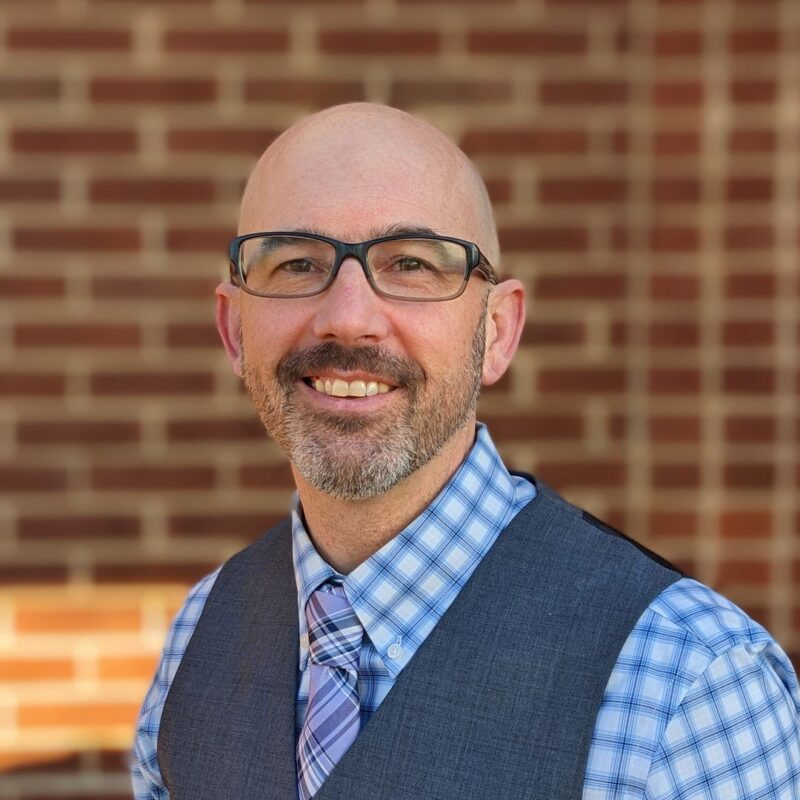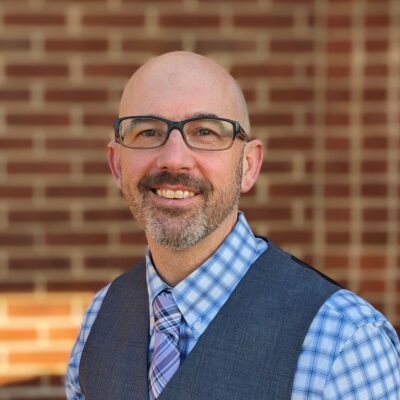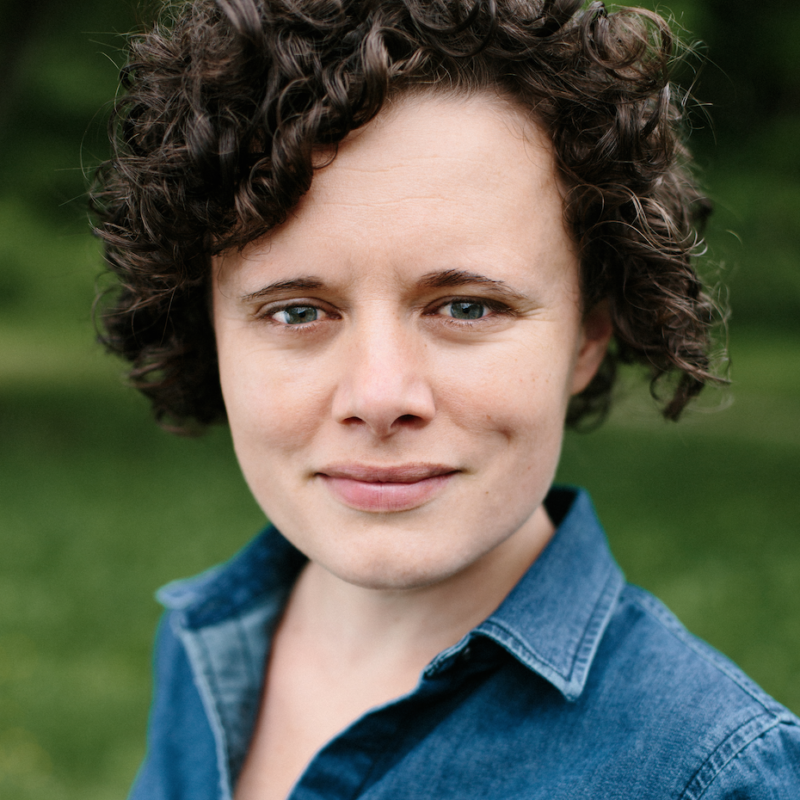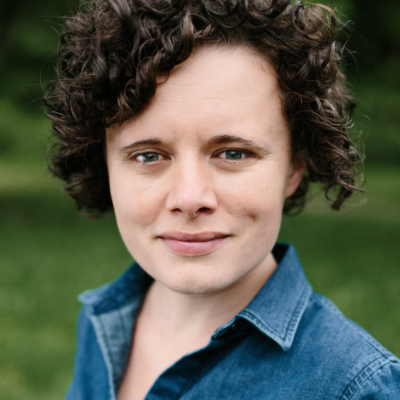The headlines tagged to George Huguely’s name offer various narratives and bits of biographical information about the former UVA student and lacrosse player, who faces a murder charge for the May 2010 slaying of ex-girlfriend Yeardley Love. Media outlets offer glimpses of his “life behind bars” and debate his “life of privilege.” Recently, they even reported news of traffic violations filed against his father, George Huguely IV, who now faces DUI charges in a Maryland court.
|
George Huguely has been held at the Albemarle-Charlottesville Regional Jail since May 2010. He will remain there through his February 2012 criminal trial. |
In light of what defense attorney Rhonda Quagliana described as an “invasive” media culture, Charlottesville Circuit Court Judge Edward Hogshire ruled on November 7 that jurors will submit to a questionnaire to determine their individual knowledge and perspectives of the Huguely case.
Huguely’s attorneys argued in recent court filings that jurors’ media exposure could unjustly affect fairness and impartiality. During last week’s hearing, Quagliana said coverage of jurors in the recent trial of Michael Jackson’s physician, Dr. Conrad Murray, and extensive local coverage of the Huguely trial places potential jurors in a “super-charged environment.”
Citing the murder trial of O.J. Simpson and Enron’s insider trading case, UVA Law Professor Darryl Brown said such questionnaires are “used very often whenever there’s a lot of publicity or media coverage for a trial.”
According to Brown, who specializes in criminal law, there is no real solution to what he calls the “problem of people knowing too much.” On the other hand, he told C-VILLE, it isn’t necessarily a problem.
“They’re looking for extremes,” he said. “People who have very fixed ideas, or people who have information about [the case] that seems very compelling.”
Does that mean the court is seeking jurors who know less about the case than an average citizen, or more? Commonwealth’s Attorney Dave Chapman stated last week in court that the questionnaire included questions such as, “Which media do you get your information from,” and said there is “no magic relationship between a questionnaire and the ability to select a jury in this case.” Brown went a step further.
“They’re not going to be able to pick a jury that knows nothing about the case,” he told C-VILLE. “If they could, it’s probably not the jury they want to serve.”
Hogshire also ruled that cameras from the Virginia Association of Broadcasters and TruTV network would not be allowed inside the courtroom during the February trial. According to the Code of Virginia, the presiding judge “shall at all times have authority to prohibit, interrupt or terminate electronic media and still photography,” and “may restrict coverage as he deems appropriate to meet the ends of justice.”
Some states, such as California, employ looser language and allow media outlets to file requests in advance for most types of electronic coverage and recording. However—and as Hogshire explicitly pointed out during the November 7 hearing—this isn’t California.
/Huguely-clipping.jpg)





